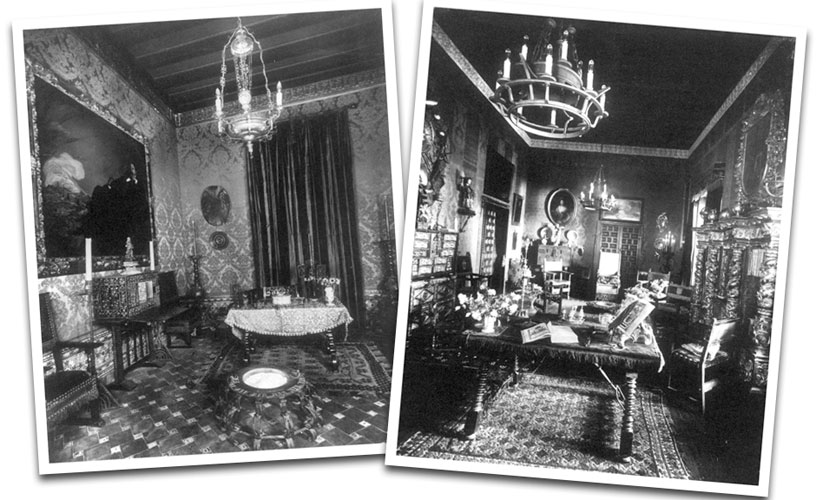
Enrique Larreta, The Glory Of Don Ramiro: A Life in the Times of Philip II, 1908.
read/download it here
Enrique Larreta, in full Enrique Rodríguez Larreta, (born March 4, 1875, Buenos Aires, Argentina—died July 7, 1961, Buenos Aires), Argentine novelist famous for La gloria de Don Ramiro: Una vida en tiempos de Felipe II (1908; The Glory of Don Ramiro: A Life in the Times of Philip II), one of the finest historical novels in Spanish American literature. Don Ramiro, embodying the Christian conflict between the flesh and the spirit, attempts to choose between a soldierly life and a monkish life.
After taking a degree in law at the University of Buenos Aires, Larreta went to Madrid, where he met the French novelist Maurice Barrès, who influenced him to write his famous novel. Larreta spent five years in Spain researching his book and prided himself on its historical accuracy. He was appointed ambassador to France in 1910, and he spent a large part of his later years in Madrid. His major works include the novels Zogoibi (1926; “The Unfortunate One”), a portrayal of gaucho life; Gerardo o la torre de las damas (1953; “Gerardo, or the Tower of the Ladies”), whose protagonist flees humanity to take refuge in the pampas; and its sequel, En la pampa (1955; “On the Pampas”—issued with Gerardo in one volume as El gerardo in 1956). Larreta also published La naranja (1948; “The Orange”), a volume of memoirs and essays.
https://www.britannica.com/biography/Enrique-Larreta#ref749948



No comments:
Post a Comment
Note: Only a member of this blog may post a comment.